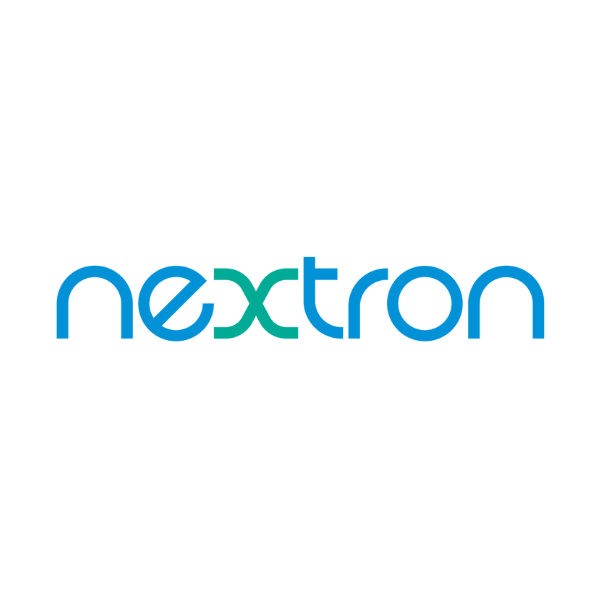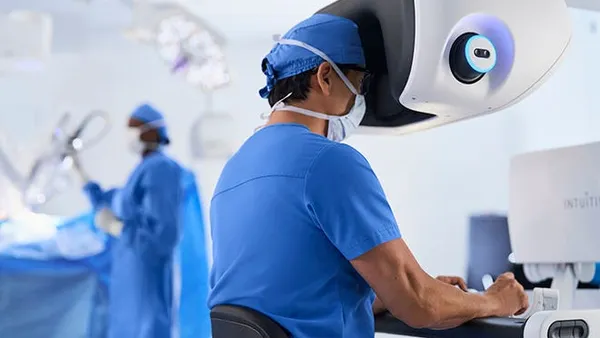Dive Brief:
- The American Hospital Association is asking the Trump administration to consider tariff exceptions for essential medical equipment, particularly goods in shortage and those that make up a significant part of the U.S. supply.
- The request comes in response to a Section 232 national security investigation that could lead to more tariffs or other trade restrictions on medical supplies, such as diagnostic and treatment tools and personal protective equipment.
- The hospital organization, in a letter submitted Friday as part of the public comment process for the investigation, said it is asking the administration to consider tariff exceptions for certain goods in an approach that would also include finding ways to bolster domestic manufacturing capacity, strengthen the supply chain and reduce reliance on international sources, especially from U.S. adversaries.
Dive Insight:
The U.S. imported more than $75 billion in medical devices and supplies in 2024, according to an AHA analysis of Census Bureau data. The Food and Drug Administration has said that 62% of medical devices used in the U.S. are imported.
The hospital trade group is concerned that new tariffs on PPE and medical consumables and equipment could disrupt the flow of supplies critical to delivering care and protecting patients and hospital personnel. In addition, tariffs and retaliatory actions from other countries could significantly raise hospital costs, the AHA warned.
Some imports are low-margin items such as single-use blood pressure cuffs, sterile drapes, surgical instruments and syringes that are difficult to produce sustainably in the U.S., the group said.
PPE is a notable concern, because hospitals are especially reliant on international sources for the equipment. In 2023, Chinese manufacturers supplied the majority of N95 and other respirators, along with a third of the disposable face masks, two-thirds of non-disposable face masks and 94% of plastic gloves used in healthcare, according to the letter.
Further, medical technology produced in the U.S. often contains significant international content. The typical U.S.-made infusion pump, for example, can contain parts from more than 20 countries, and a magnetic resonance imaging machine can include parts from 15 countries.
“Reshoring alone cannot provide the supply chain stability needed to ensure unrestricted access to necessary devices and equipment for patient care,” the AHA said.
Medtech trade groups also raised concerns about the potential for more tariffs to hurt the industry, with AdvaMed proposing a list of policies to blunt the impact. Both AdvaMed and the Medical Device Manufacturers Association support reciprocal tariff relief agreements with preferred trading partners.











